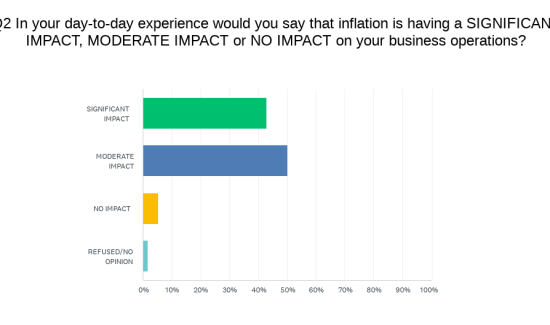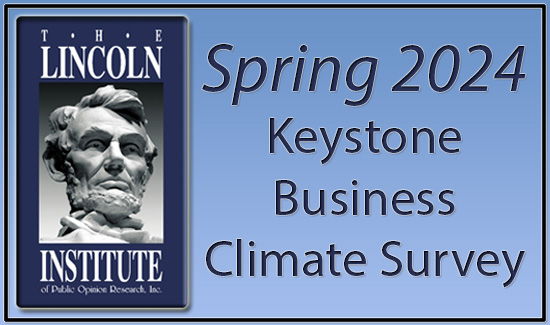(The Center Square) – Labor initiatives the administration estimates will benefit more than 1 million construction workers across the country were announced Tuesday by Vice President Kamala Harris during a visit to Philadelphia.
Officials say updates to the Davis-Bacon Act, which goes into effect in approximately 60 days, provides benefits and sets new wage standards for workers on federal projects.
While the action is being applauded by many, critics say it will increase construction costs and make it more expensive for taxpayers.
The rule will raise wage standards of construction workers by restoring the definition of “prevailing wage” used for nearly 50 years “before it was upended by the Reagan administration,” according to a statement issued by the Department of Labor.
The department estimates it would apply to $200 billion of federally funded or assisted construction projects.
The department received more than 37,000 comments from construction industry and labor stakeholders that helped inform the regulatory updates. Some of those comments came from Associated Builders and Contractors, also known as ABC – a national trade association representing more than 22,000 member companies.
In a statement provided to The Center Square by ABC, it said the department disregarded the nearly 70 pages of comments they submitted, urging them to withdraw the proposal.
“This is yet another Biden administration handout to organized labor on the backs of taxpayers, small businesses and the free market,” said Ben Brubeck, the ABC vice president of Regulatory, Labor, and State Affairs.
“With this final rule, the DOL has abandoned any possibility of instituting commonsense reforms to Davis-Bacon regulations to ensure accurate and prompt prevailing wage determinations while providing the regulated community the clarity needed to deliver high-quality projects at an affordable cost to taxpayers,” said Brubeck.
Instead, Brubeck said the rule will make it much more likely the Labor Department will adopt union wage scales as the prevailing wage at a greater frequency than in current practice, “which already adopts union wage scales at improbable rates considering just 11.7% of the construction industry is unionized.”
Brubeck said at a time when the construction industry is facing challenging economic conditions – such as high materials costs and a shortage of skilled labor – the “onerous new requirements and artificial inflation of construction costs imposed by this rule will only exacerbate these headwinds and undermine taxpayer investments in infrastructure.”
They note the Congressional Budget Office estimates the new regulations would save the federal government $24.3 billion between 2023 and 2032. However, they cite a 2022 study that found the Davis-Bacon Act costs taxpayers an extra $21 billion a year, increases the price tag of construction projects by at least 7.2% and inflates construction workforce wages by 20.2% compared to local market averages if the Department of Labor calculates prevailing wages using modern and scientific methodology via the U.S. Bureau of Labor Statistics.






